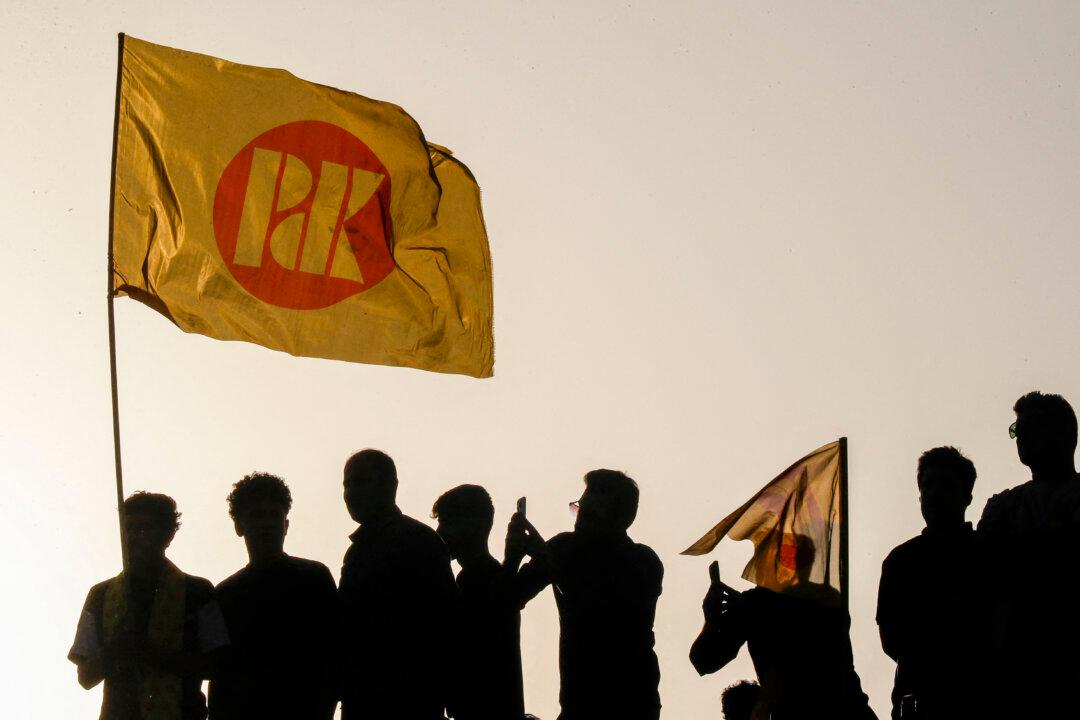The United States has called on Iraq’s semi-autonomous Kurdish region to rapidly form a viable government after the Kurdistan Democratic Party (KDP) appeared to clinch parliamentary polls held on Oct. 20.
“We are strongly urging political parties to engage in a prompt and sustained dialogue to swiftly form a stable and representative government without delay,” U.S. State Department spokesman Vedant Patel told reporters on Oct. 21.





